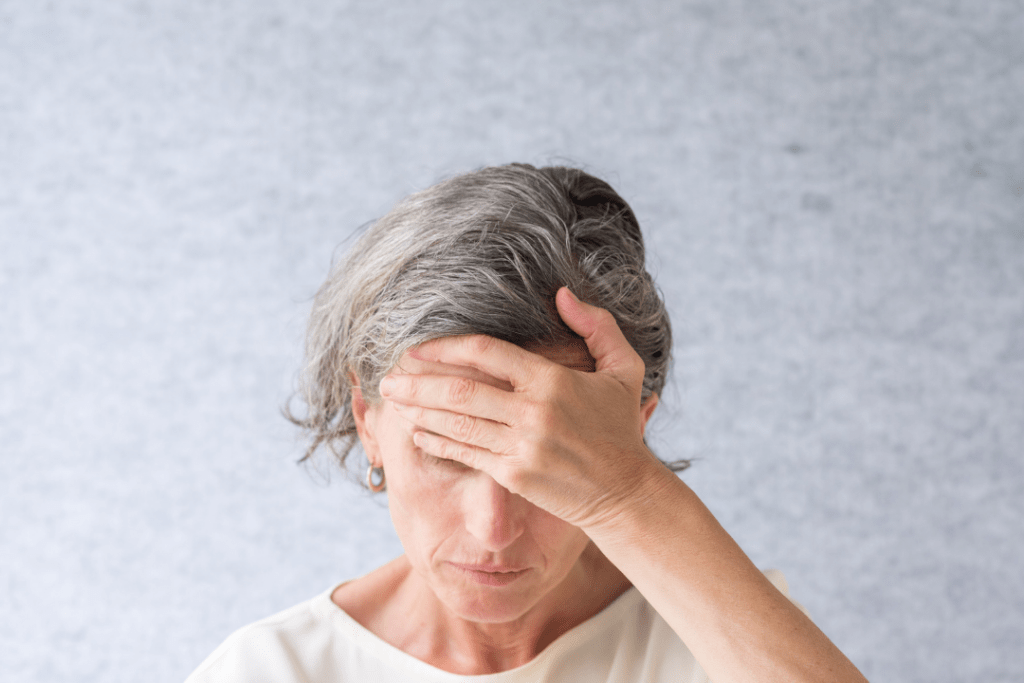Addressing the disparity in access to support is critical for improving equality for women suffering from menopausal and perimenopausal symptoms, according to the Australian Medical Association.
The AMA has just shared its submission to the Australian Menopause Inquiry, calling for a greater focus on closing the gaps that exist among who can and can’t access support. The gaps are present across socioeconomic status, ethnicity, age, disability, geographic location and employment.
It has also called for a National Menopause Framework or Action Plan, which Australia doesn’t currently have.
“Every woman who needs support through menopause and perimenopause has that right,” said AMA President Professor Steve Robson.
“It shouldn’t matter who you are, where you live, or what kind or job you have – women need support through perimenopause and menopause.
Robson said that a third of Australian women in midlife say menopause symptoms make daily activities hard, and they are also being targeted with misinformation regarding how to deal with it.
He also noted the significant costs women are incurring.
“The out-of-pocket health expenses for women are, in general, higher than for men and it is a significant barrier for women to get equitable healthcare,” Professor Robson said.
“Doctors need more time for female patients to support complex quality menopause care. Longer appointments are needed to adequately assess the complexity of symptoms but also to consider preventative care and risk screening.”
The AMA says an action plan would include analysis of the best medical and therapeutic support for addressing the symptoms of menopause, which can include high anxiety, depression, mood swings, forgetfulness or brain fog, and suicidal tendencies.
From there, Professor Robson says “substantial funding” is needed to create a system where doctors can give women the support they need.
“Finding the right dose of medication or treatment for menopause symptoms can be lengthy and challenging and unchecked symptoms can be debilitating for women,” he said.
“Taking action on menopause and perimenopause will help empower women and have a fairer system for all.”

